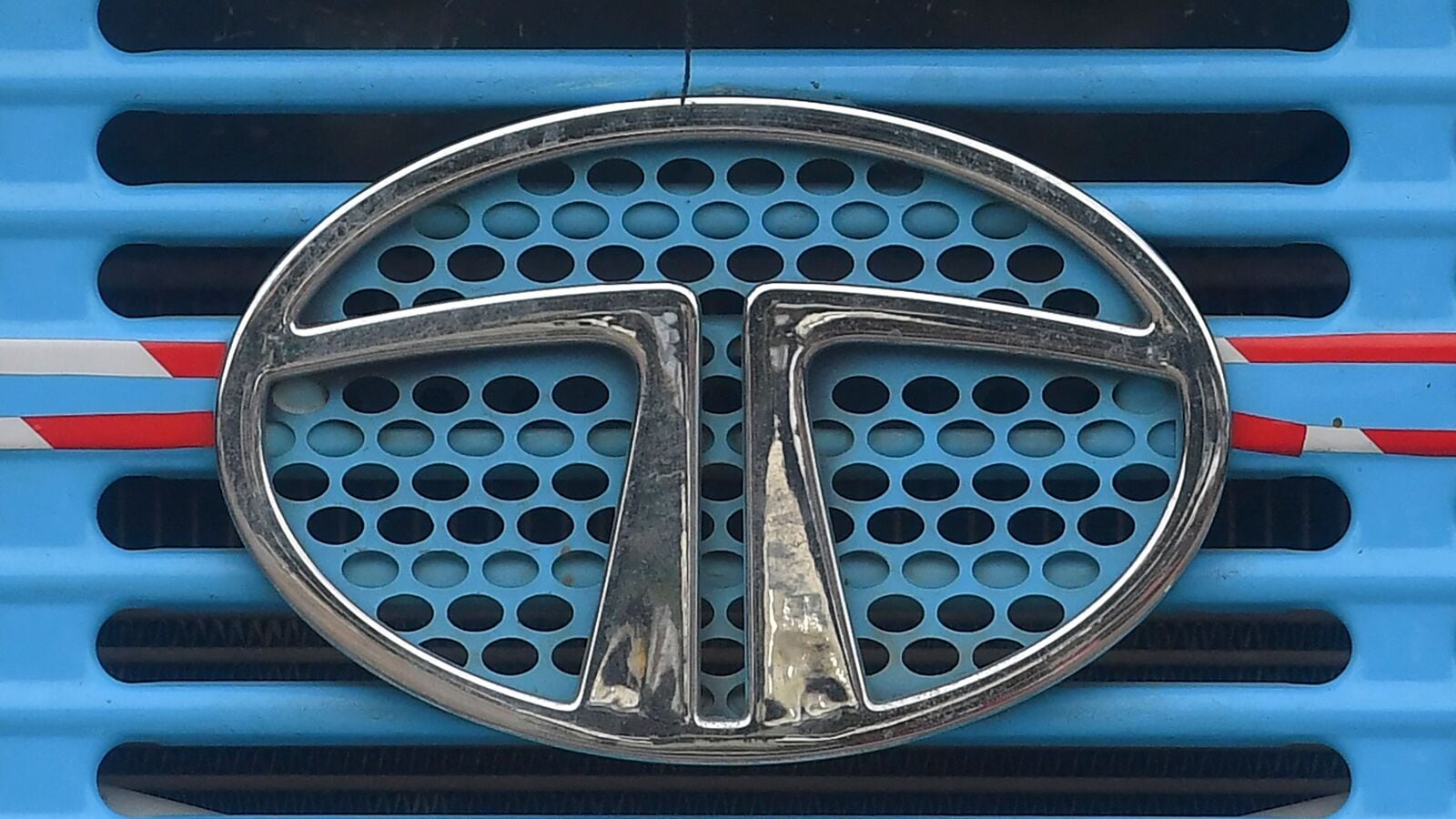Grant Thornton India Q3 2025 The automotive industry recorded its best quarter in a year with 30 deals worth US$4.6 billion, according to a report by DealTracker.
View personalized offers
The third quarter of 2025 was one of change for India's automobile sector, not because of the volumes, but because of the sheer stakes. Grant Thornton India Q3 2025 The automotive industry recorded its best quarter in a year with 30 deals worth US$4.6 billion, according to a report by DealTracker. Beneath the statistics lies a rich story, one of an old industry slowly evolving from a homegrown growth story to a global player in mobility innovation.


A quarter defined by scale and strategy
On the surface, deal volume remained stable from the previous quarter. But the price hike spoke volumes the second time around, as evidenced by Tata Motors' $3.8 billion purchase of Iveco SPA, India's largest ever outbound auto transaction. This represents nearly 95 percent of the total M&A value, making an otherwise middling quarter historic.
Also read: Tata Motors and Iveco involved in major acquisition
But removing these big-ticket purchases, the figures show a more subdued tone: deal values would have fallen by 36 percent. A reminder that although front-page acquisitions are juicy copy, the underlying energy depends on a combination of strategic rebalancing and bets on new technologies over the long term.
Cross-border mobility and India's global presence
India's growing global role in automotive supply chains is the highlight of Q3. Promotion Motherson International made three outbound purchases, further strengthening its presence in Asia and Europe. These acquisitions reflect a low-key but firm shift, with Indian businesses no longer aspiring to be suppliers; Their goal is to become system integrators and solution providers on a global scale.
Iveco's acquisition of Tata Motors is also a symbol of change. For a long time, Tata Motors was considered a domestic commercial vehicle giant. Today, it is building a portfolio that reflects global ambition, in line with India's aspiration to become a net exporter of clean and efficient commercial mobility solutions.
Also Read: Ultraviolette expands retail network to 5 Indian cities, aims to reach 100 cities by FY26
Private equity bets on clean, connected mobility
Apart from boardroom-sized transactions, private investors remained committed to India's EV and mobility start-up sector. Private equity transactions remained strong at 23 worth $531 million, led by Prosus and Westbridge Capital for $271 million for Rapido, a vote of confidence in India's growing Mobility-as-a-Service (MaaS) demand.
Additionally, the IFC-funded investment of $137 million in JBM EcoLife and GreenCell Mobility will help add 4,000 electric buses across 39 cities, a significant development in India's urban electrification initiative. Smaller but significant deep-tech bets were also notable, such as TDK Ventures' $21 million investment in UltraViolet Automotive and seed funding into IndiGrid Technology and PeakAmp, underscoring investors' confidence in India's EV innovation capabilities.
The market is moving again
Saket Mehra, partner and auto industry leader at Grant Thornton India, calls this period a “strategic reset”. There is GST 2.0 on the horizon and tariff reforms are underway, reconfiguring India's automotive industry through policy and intent. OEMs are responding to the dual challenge of facing short-term churn while transitioning to a greener, tech-based future.
It is also interesting that public market activity was slow this quarter, with no significant IPOs. Instead, investors and automakers are looking towards the Toyota IPO, expected in 2026, which could revive regional sentiment and attract new global capital into India's mobility ecosystem. Q3 2025 truly showcases the evolving DNA of India's automotive sector. The story of the industry is no longer limited to just production numbers or domestic demand.
Get information about upcoming cars in India, electric vehicles, upcoming bikes in India and cutting-edge technology that is changing the automotive landscape.
First publication date: 22 October 2025, 15:14 PM IST

